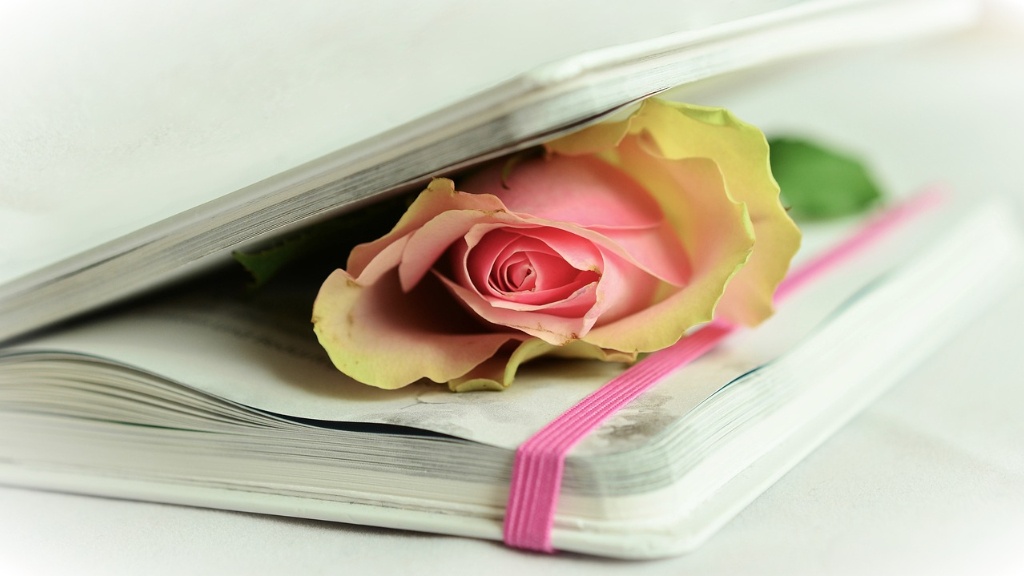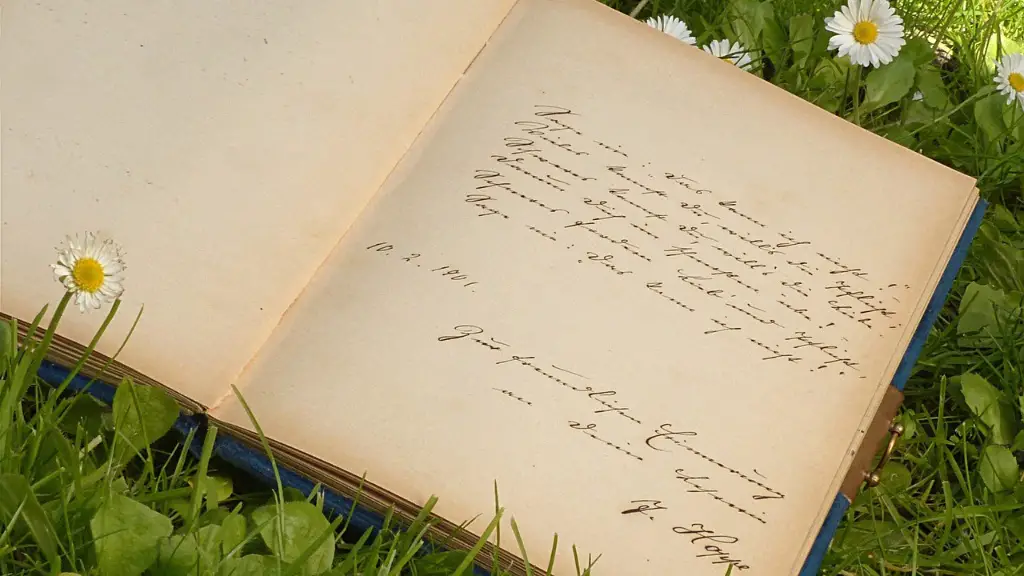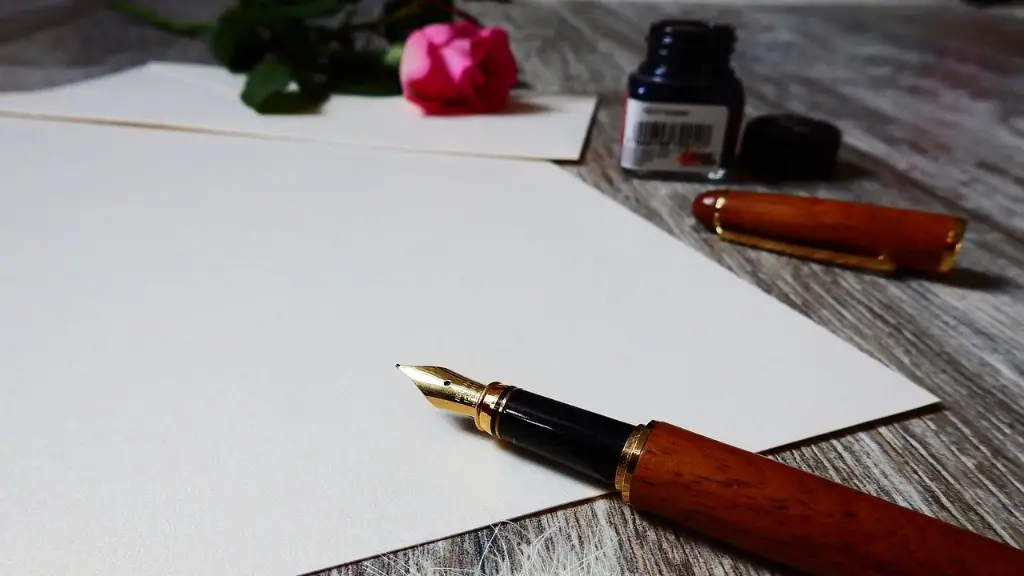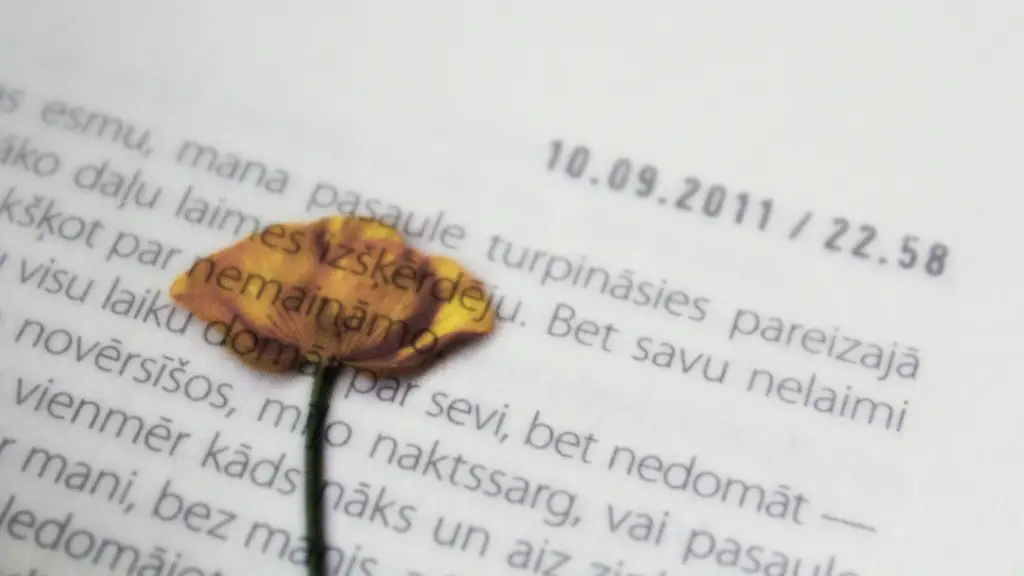T.S Eliot was one of the most revered and celebrated poets of the 20th century. Born in America in 1888 and educated at Harvard, he moved to England with the intention of becoming a poet before settling into a career in banking. After gaining recognition as a literary critic, he was appointed Editor of TheCriterion and Poetry London.
Eliot is best known for his modernist poem ‘The Waste Land, Published in 1922 and hailed as one of the most significant works of 20th-century poetry. His other notable works include ‘The Love Song of J. Alfred Prufrock’, ‘The Hollow Men’, ‘Ash Wednesday’ and ‘Four Quartets’.
Many of Eliot’s works, including most of his poetry, focus on themes of fragmentation, decay, and alienation. He cultivated an experimental and innovative style, breaking with traditional forms of prosody through the use of free verse and non-traditional syntax. He also wrote frequently about religion, morality and morality, which was partly inspired by his religious conviction as an Anglican.
Commenting on his writing style, Eliot once said “A poet must develop or procure the consciousness of the past and they must face the present. This is the only way to write an adequate reflection of modern life.” An examination of Eliot’s poem reveals some recurrent elements that lend themselves to a certain type of writing-the use of allusions, irony, ambiguity and complicated, yet vivid imagery and concepts. All this gives his works a deep and meaningful look that offers insight into the human condition.
Today, Eliot’s fame rests primarily on his lengthy, powerful and often highly allusive poetry, though he also wrote four plays, one novel, several essays and a great deal of critical writing. His influence on literature and popular culture is immense and his reputation as one of the defining voices of modernism remains intact.
Eliot’s Use of Metaphors and Symbolism
Eliot used metaphors and symbols as literary devices to refer to themes of alienation, hopelessness and disillusionment in his works. In ‘The Love Song of J. Alfred Prufrock’, Eliot often used metaphors to convey the idea of interconnectivity between past and present, death and rebirth, and darkness and light. The use of metaphors and symbols are also seen in ‘The Waste Land’ – a poem about the desolation of postwar Europe – where Eliot used symbols to convey images of chaos and destruction.
Similarly, Eliot is known for employing religious allusions in his poetry. ‘The Waste Land’ draws on Greek and Egyptian mythology, Judaism and Christianity to illustrate themes of death and rebirth, suffering and deliverance. Likewise, his poem ‘Ash Wednesday’ makes heavy use of references to Christianity, dealing with the aspects of redemption and purification.
Thus, Eliot’s use of metaphors, symbols and religious allusions to explore deep and open ended questions offers insight into the state of mind of the poet, as well as his attitudes towards his subjects. His poetry is not just a mere exploration of emotions, but an exploration of the human condition.
Eliot’s Influence on Literature
Eliot’s works of poetry, critic andplays had a profound and lasting impact upon the literary world. Most notably, his poem ‘The Waste Land’ is often cited as a major influence on the development of modern literature and poetry. The poem, which underwent several revisions and enlargements, was highly praised for its unique and revolutionary use of poetic form and for its exploration of themes such as death, isolation and fragmentation.
In addition, his poem ‘Four Quartets’ is widely viewed as a masterpiece of modern poetry, taking its place alongside ‘The Waste Land’ as one of the defining poems of the 20th century. Eliot’s influence can also be felt in American poets such as Ezra Pound, William Carlos Williams and Wallace Stevens, all of whom had their imaginations stirred and inspired by Eliot’s works. Furthermore, his influence had a profound effect on many modernist andpostmodernist authors.
The impact Eliot had on the literary world was also extended to popular culture. He has often been credited with coining the phrase ‘intertextuality’, referring to the presence of literature within literature, thereby providing both a way of analysing and understanding literature, as well as providing a unifying environmental theme. The phrase has since become a staple in critical theory and literary analysis.
Conclusion
It is clear that Eliot’s legacy as one of the pioneering authors of modernism and postmodernism is undiminished. His writing combined a range of genre and themes to create a deeply personal and universal language, allowing him to express his complex views of the human condition. His use of symbols, metaphors, religious allusions and intertextuality reinvented the way poetry was written and served as a major influence on modern literature and postmodern literature.
Eliot’s Satire and Use of Irony
Though Eliot was born and raised in a religious family and believed in the power of spirituality, he also used his works to mock the upper-class and its complicated social norms. For example, in ‘The Love Song of J. Alfred Prufrock’, Eliot explored the idea of the uppercrust and those who would endeavour to fit within it. Eliot often looked at the aristocracyand its traditions with a certain level of irony, mocking their behavior in an effort to challenge societal expectations.
Likewise, in ‘The Waste Land’ and ‘Four Quartets’, Eliot employed a range of satirical references to criticize modern society and its customs. In doing so, he used literary devices such as allusions, irony and symbolism to point out the discrepancies between what is perceived to be modern and what is actually occurring. His use of irony and satire can also be seen in ‘Murder in the Cathedral’, a play in which Eliot’s use of physical comedy suggests a criticism of monasteries and other religious institutions.
Eliot’s satire and use of irony in his works provides a stark juxtaposition to the solemn and often austere works of his predecessors. His use of wit and humor is an important aspect of his writing and offers a refreshing perspective on the issues he discussed, as well as the questions he raise.
Eliot’s Critique of Society
Eliot’s works were not only influential in literature, but in society as well. He openly critiqued the state of the world and his opinion of the values which governed it. In many of his works, Eliot expressed his disapproval of statesmanship, modern civilization and the materialisttrappings of life.
For example, in ‘The Hollow Men’, Eliot criticised the lust for power and status, suggesting that such ambition leads to alienation and despair. Similarly, in ‘Murder in the Cathedral’, Eliot used a range of imagery and symbolism to present characters whose lives have been corrupted due to their unhealthy obsession with power and material wealth. Moreover, Eliot’s work often questioned the morality of modern science and its role in humanity’s progress.
Ultimately, Eliot’s opinion of the world was well articulated through his works. Whether he was attacking the establishment, questioning the implications of modern life and technology, or critiquing the human condition, Eliot offered a unique perspective that was often considered ahead of its time.
Eliot’s Legacy and Contributions to Poetry
Today, T.S Eliot’s legacy and contribution to poetry is widely regarded as one of the most influential of the 20th century. He revolutionized verse forms, created an enduring poetic voice and pioneered themes such as tragedy, decay and disillusionment. Many of his works were highly praised for their innovative use of structure, form and theme, demonstrating his mastery of both poetic theory and literature.
Eliot also had an influence on music, having been cited as an influence by a variety of musicians, from Bob Dylan to David Bowie. His works have also been adapted into films and plays, demonstrating the lasting appeal of his writing and his enduring cultural impact.
Furthermore, Eliot’s works remain the subject of literary criticism and study in universities and colleges around the world. Over the years, their strength and importance have only grown, establishing Eliot as one of the most iconic figures in the history of Western literature.





